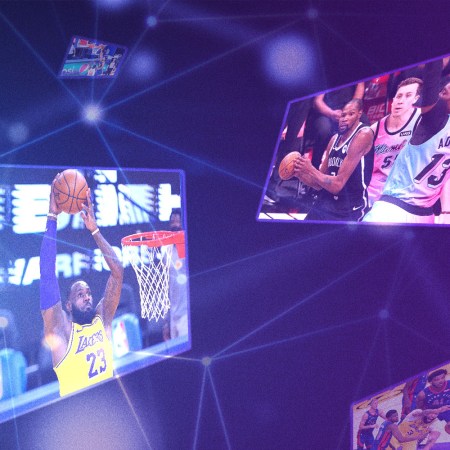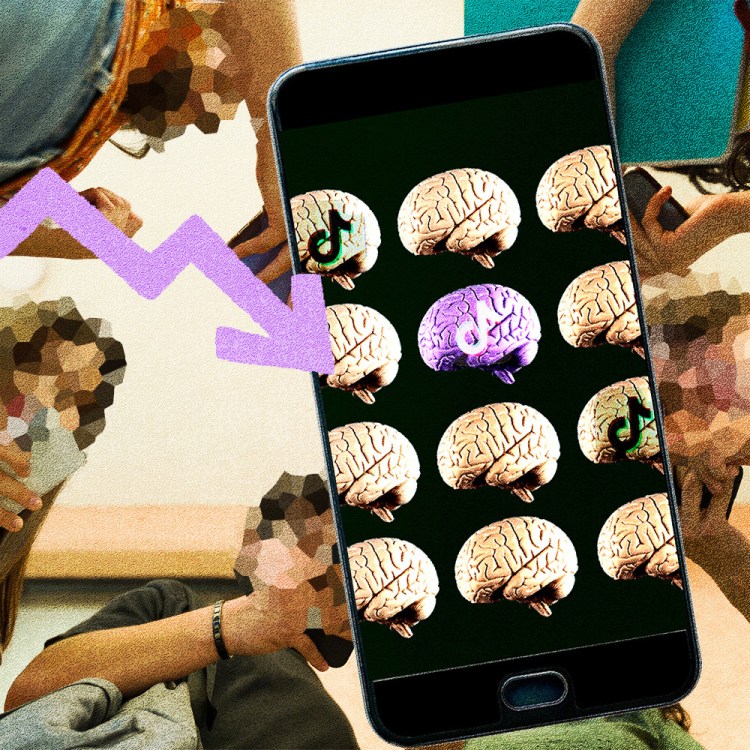We’ve recently woken up to the dangers of our tech-controlled age. Whether it’s Russian bots hacking our elections or dystopian surveillance programs, in the last few years we seem to have realized that a world governed by inhuman algorithms and Silicon Valley billionaires is maybe not the utopia we were hoping for. But what took us so long?
Anna Wiener’s terrific new memoir, Uncanny Valley, traces one person’s journey through the tech euphoria and subsequent alienation of the last decade. When the book starts, Wiener is a “privileged and downwardly mobile” literary agent’s assistant in NYC. She finds herself moving to San Francisco in the middle of the startup boom. While Wiener is something of an outsider (someone who likes “long novels with minimalist plot” in a city that wants “a world freed of decision-making, the unnecessary friction of human behavior”), she gets swept up in a Silicon Valley on the brink of taking over the world. Wiener’s memoir is getting rave and deserved reviews. Her prose is sharp and memorable — I found myself underlining sentences in every chapter — and the subject matter is timely. There’s a lot to talk about in the book, but one thing I kept thinking about while reading Uncanny Valley was, well, the uncanniness of Silicon Valley.
Wiener’s title is a clever play on Silicon Valley and the aesthetic concept of the “uncanny valley.” Introduced by the Japanese roboticist Mashario Mori in the 1970s, the “uncanny valley” describes the strangeness we feel toward humanoid objects (e.g., robots or CGI characters) that look very-but-not-quite human. If you feel a shiver watching The Polar Express, Carrie Fisher CGI’d in Star Wars or this human-hating robot then you’re in the uncanny valley. And if you feel the same way watching Facebook CEO Mark Zuckerberg try to eat toast like normal person, then you’re in the uncanny Silicon Valley.

Life in in the last decade has often felt like an extended vacation in the uncanny valley. Whether it’s a reality-show president ranting on social media or the latest nonsense idea to get millions in VC funding, each day seems to bring a new tech-driven unrealness to the world. And it’s a world Silicon Valley created. Although Wiener doesn’t spend time discussing the “uncanny valley,” her memoir is filled with moments that highlight the inhumanness of the tech world. Often literally, as when she describes the biohackers who “optimized their sleep cycles with red light and binaural beats” and “purchased haptic-feedback wristbands to self-administer 150-volt electric shocks.” The Silicon Valley Wiener lived through is one where tech bros pitch shortening books to “effectively increase the rate at which we can learn” and show up to dates “wearing backpacks stamped with the names of their employers.” It’s a world that wants to flatten richness of life and make it “optimized, prioritized, monetized, and controlled.”
We are constantly told that the data-accumulation of the tech world will actually lead us to a better understanding of ourselves. Social-media networks boast that they have accumulated so much data on us that they know us better than our loved ones. This may be true. But I can’t be the only one who finds the lived experience of the internet to be, well, uncanny. If these tech companies know me better than anyone else, why, after I buy a pair of Nikes, am I served ads for those already-purchased sneakers on every website I visit for a week?
Wiener highlights the strangeness of the tech companies that run our lives by avoiding naming them. Instead of Amazon, Apple, Facebook or Netflix, Wiener gives them phrases like “online superstore” and “the social network everyone hated.” It’s a move that lets Uncanny Valley feel less trapped in time, but it also highlights the absurdity of modern life. Facebook is the social network everyone hates, so why are we all on it? Why does it have the power to undermine our very democracy?
There is a feeling of inhumanness to the tech world that goes beyond the algorithm and code though. When discussing Uncanny Valley with a friend who had, like Wiener, worked for a time in Silicon Valley, she mentioned being in a brainstorming session with executives struggling over a problem. At one point, the CEO looked up and said, “What would a human do?” What is scary is that the Silicon Valley robotic sterilization is spreading everywhere, even the look of our physical spaces. Silicon Valley is routinely reinventing things that already exist, but making them worse. More expensive. Lower paying. More sterile, dreary and lifeless.
Of course, one can’t pin all the blame on Silicon Valley billionaires. It is also all of our searches, clicks and posts that created them. I still wake up every day and get mad looking at social media on my phone before I even get out of bed like everyone else. In one memorable passage, Wiener sums up one of the fundamental tensions of the tech obsessed life:
I knew, even as I was moving through them, that I would look back on my late twenties as a period when I was lucky to live in one of the most beautiful cities in the country, unburdened by debt, untethered from a workplace, obligated to zero dependents, in love, freer and healthier and with more potential than ever before and anytime thereafter—and spent almost all of my waking hours with my neck bent at an unnatural angle, staring into a computer. And I knew, even then, that I would regret it.
What’s the solution? Perhaps one part of it is to simply log off. Even the tech workers in the Valley started to realize this. Wiener has a hilarious passage about the moment when “half the programmers I knew between the ages of twenty-two and forty, mostly men, were discovering that their fingers were multipurpose” and finding meaning in woodworking, baking and other offline hobbies. Getting offline is not going to stop all the damage that the tech world has done and will continue to do. That will require political action. But it might make us feel a little more human to sign out and walk around without checking Instagram or sit in the park and simply read a book at a leisurely pace.
This article appeared in an InsideHook newsletter. Sign up for free to get more on travel, wellness, style, drinking, and culture.
























